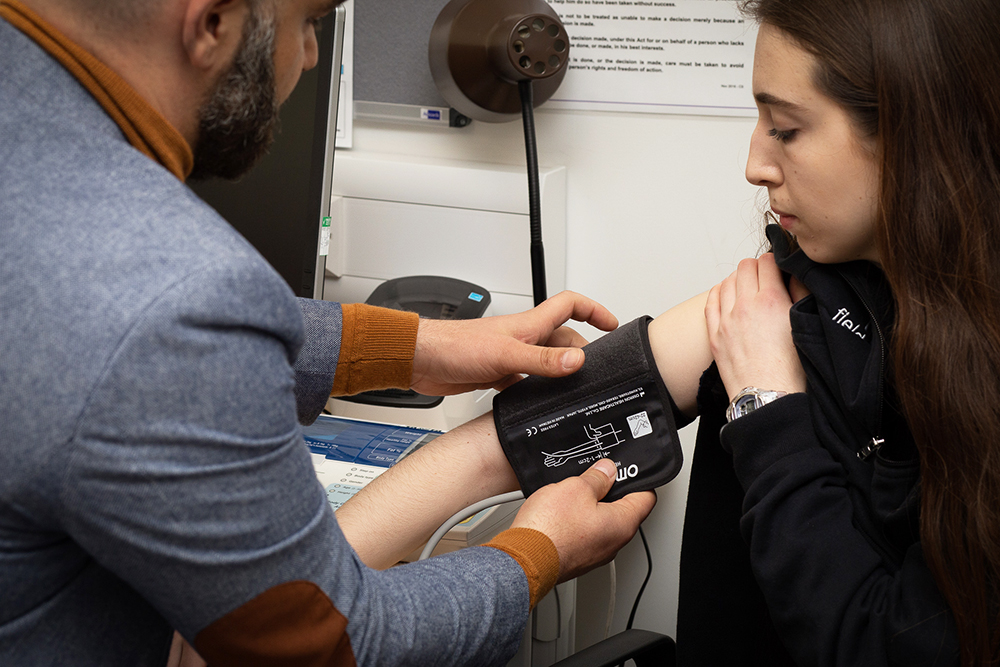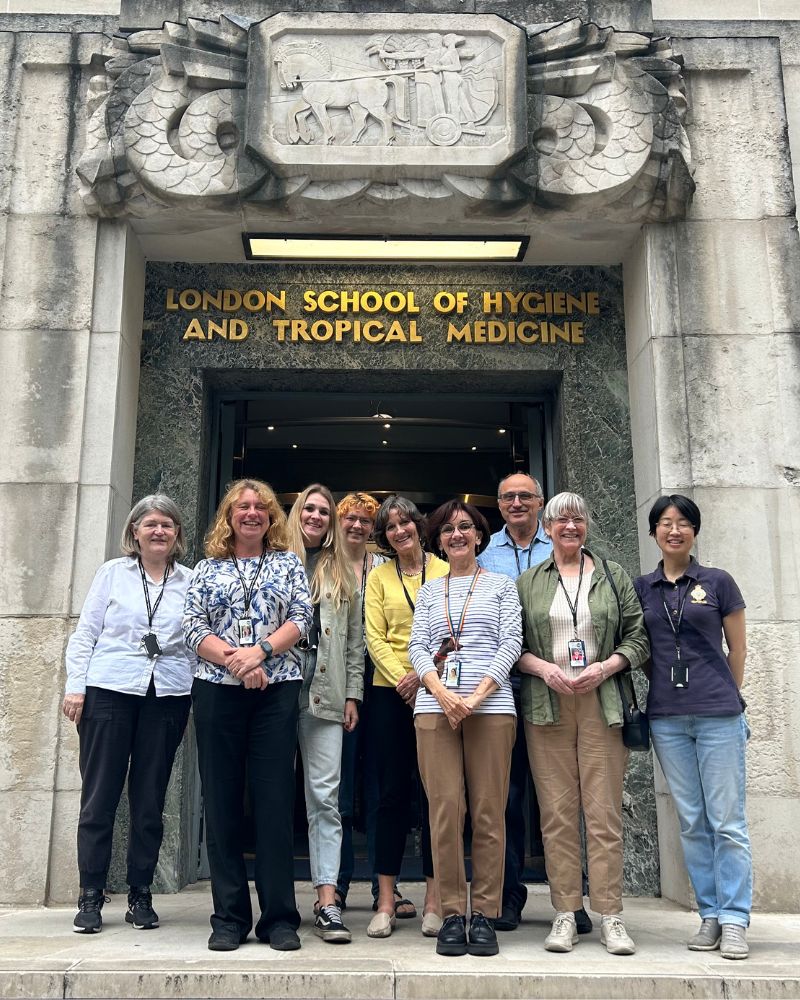
CureME – driving biomedical research into ME/CFS
Find out more below
Recruitment targets near completion for the HHV6 study in London

90% of participants recruited’

Healthy controls and people living with Long Covid are still needed
This study is still open!
Please reach out to us if you want to learn more about it (mecfsbiobank@lshtm.ac.uk)
How big a problem is ME/CFS in the UK?
1 in 500
People suffer from ME/CFS
3:2
Female to male ratio
20,000
More people suffer from ME/CFS than MS
The UK ME/CFS Biobank
Our research has focused on improving recognition, diagnosis and treatment of ME/CFS, leading to the creation of the UK’s first ME/CFS Biobank (UKMEB) – now open to researchers across the globe.
Stay in the loop
We send regular updates on the latest news, research, and calls for participants. If you want to keep in touch, sign up for our newsletter.


